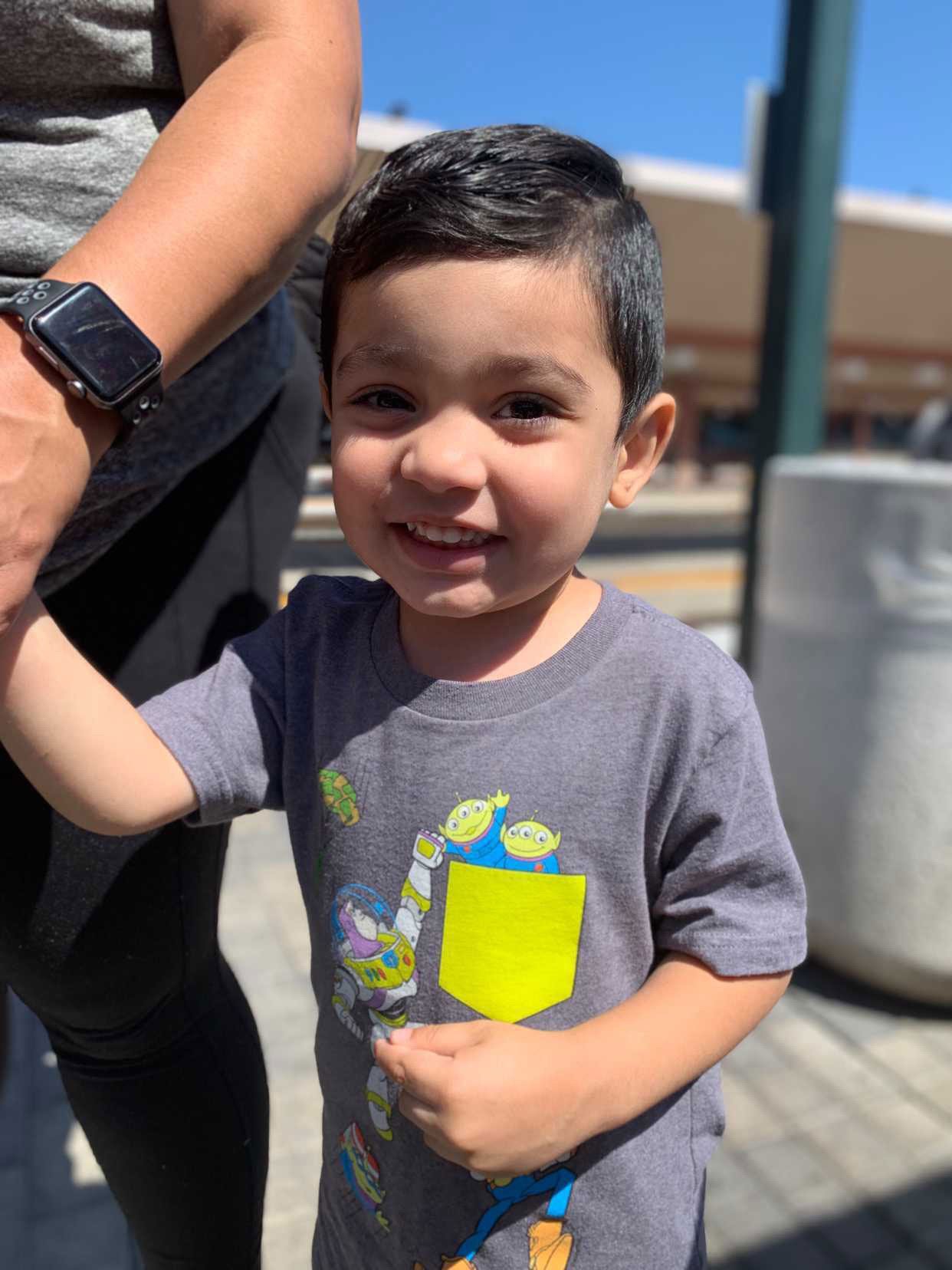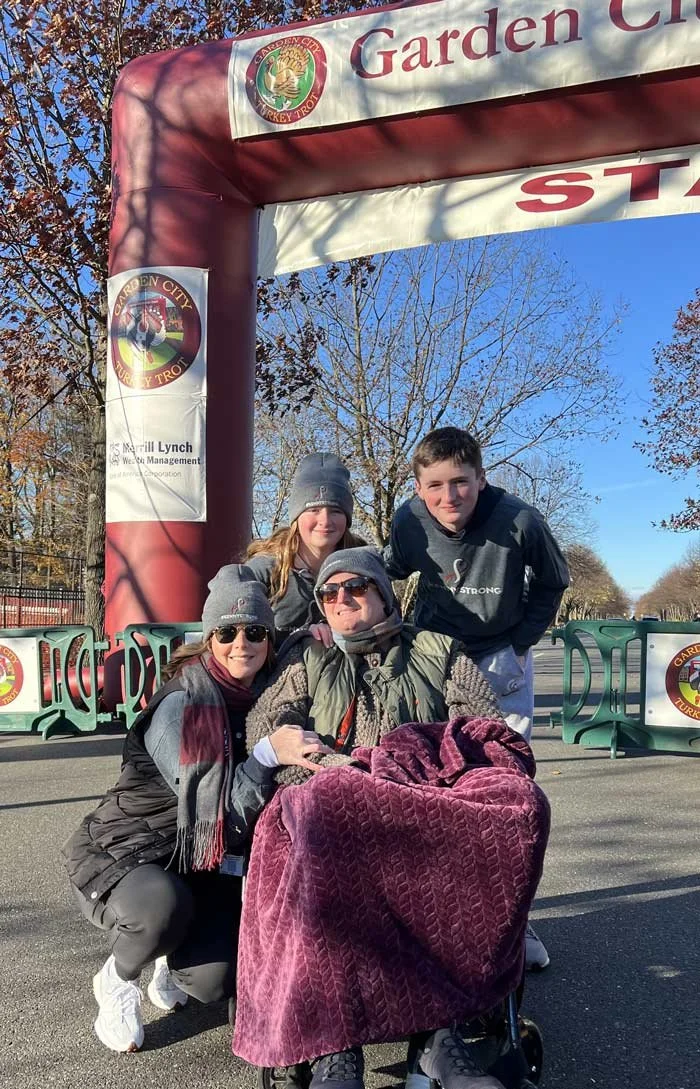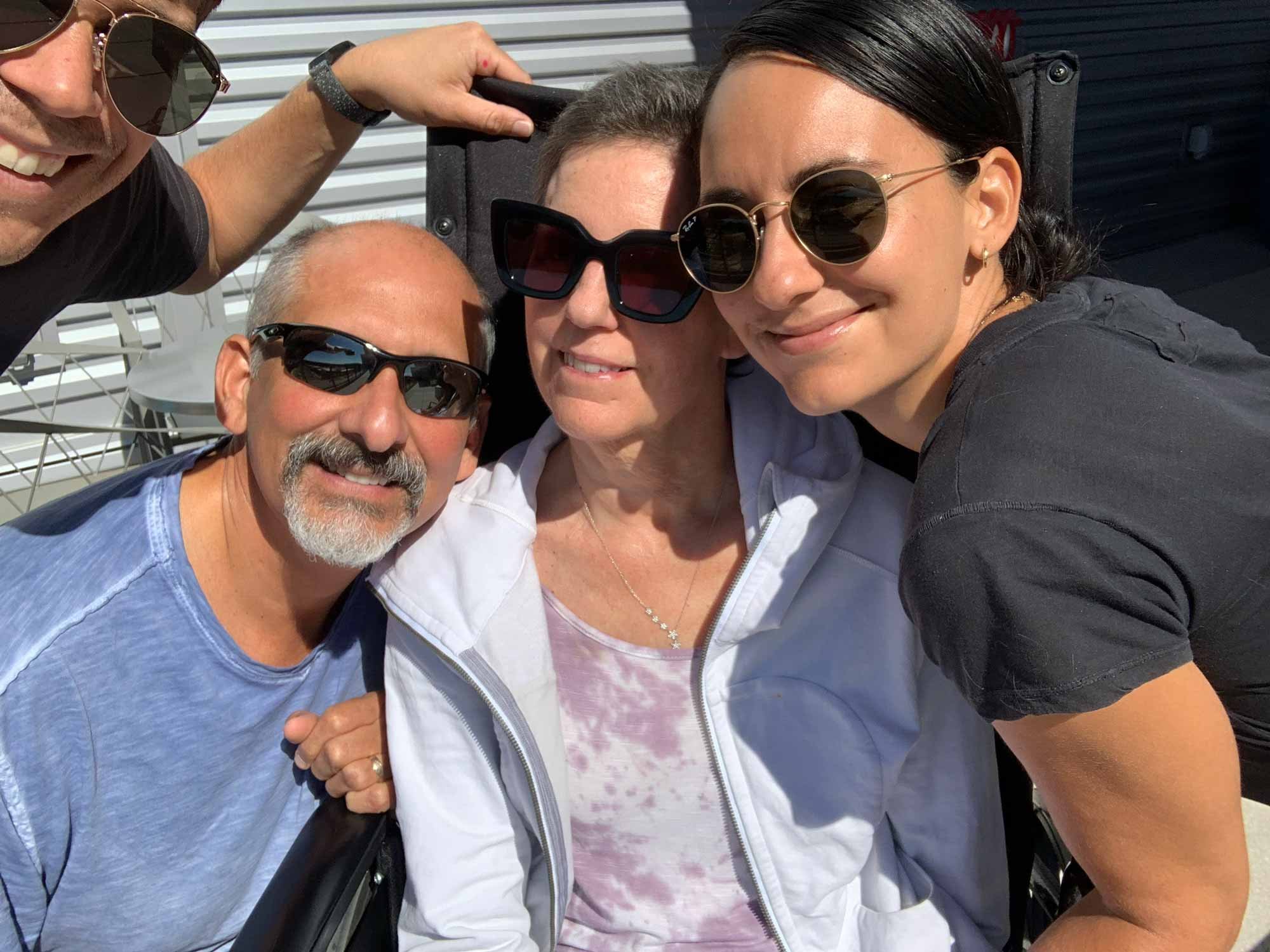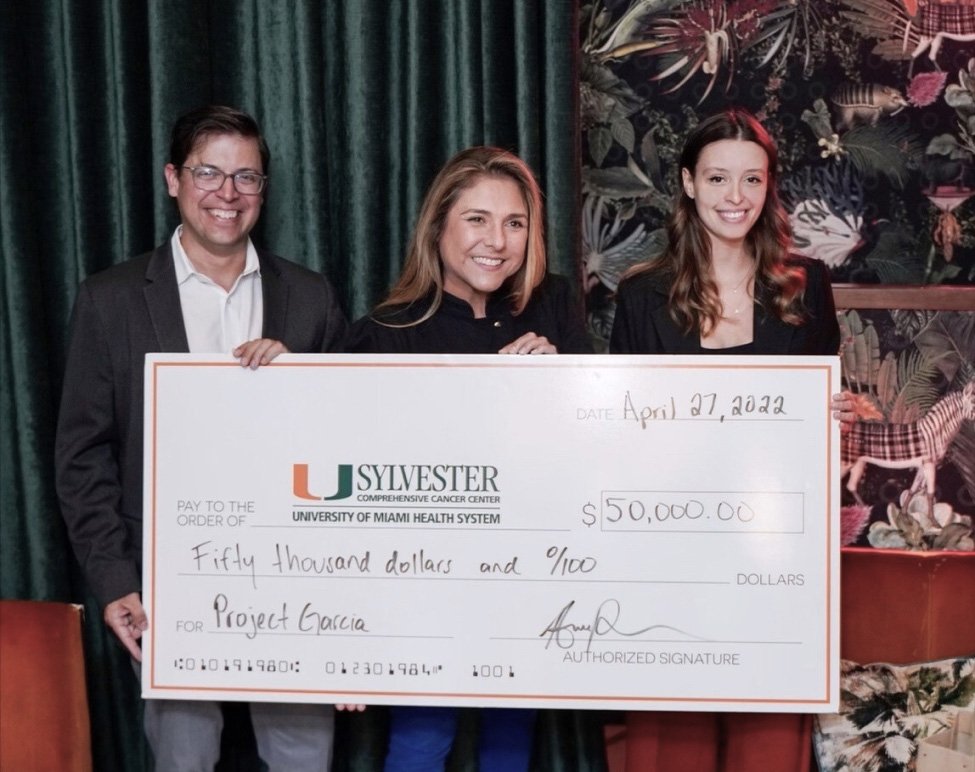our projects
Project Liam
The Glioblastoma Research Organization announces Project Liam in proud collaboration with Children's Hospital Los Angeles.

About Project Liam
Brain tumors are the leading cause of cancer-related death in children.
Of all the pediatric brain tumors, high-grade gliomas (HGG) remain the greatest challenge, with few treatment options available and a five-year survival rate of only 10-30 percent. A potential alternative to conventional treatments is to utilize a patient’s own immune system to attack tumor cells—immunotherapy. Although immunotherapy has shown efficacy in several cancers, similar results have not been seen in all types of tumors. It has also become clear that immune cells in a tumor’s surrounding cell structure (microenvironment) may suppress its effectiveness. Previous work has shown that giving adults with recurrent HGG a specific type of immunotherapy, checkpoint inhibition, prior to surgery significantly improved survival. Checkpoint inhibitors block certain proteins that stop the immune system from attacking cancer cells. Dr. Davidson now would like to investigate if giving checkpoint inhibition to pediatric patients prior to surgery will improve survival and how it will biologically change both tumor cells and adjacent cells.
This project offers a bold new clinical trial concept, based on lessons learned from recent clinical trials in adult brain tumors, that allows concurrent study of immune cell function within the tumor. Dr. Davidson is leading an international clinical trial through the Pacific Pediatric Neuro-Oncology Consortium (PNOC) to investigate if a checkpoint inhibitor, Nivolumab, prior to surgery will serve as a primer to enhance the anti-tumor immune response and impact survival.
A team of experts in pediatric HGG and tumor immunology has been assembled to best analyze the heterogeneity of cells in the tumor and microenvironment and the variability in the states of the glioma and immune cells after checkpoint inhibition. Thanks to funding from the Glioblastoma Research Organization, Dr. Davidson is able to move this important clinical trial forward in the quest to improve outcomes for children with this devastating disease.
The Glioblastoma Research Organization is a 501(c)3 nonprofit charitable organization that works to raise awareness and funds for new global, cutting-edge research to find a cure for glioblastoma. #GBMRO












